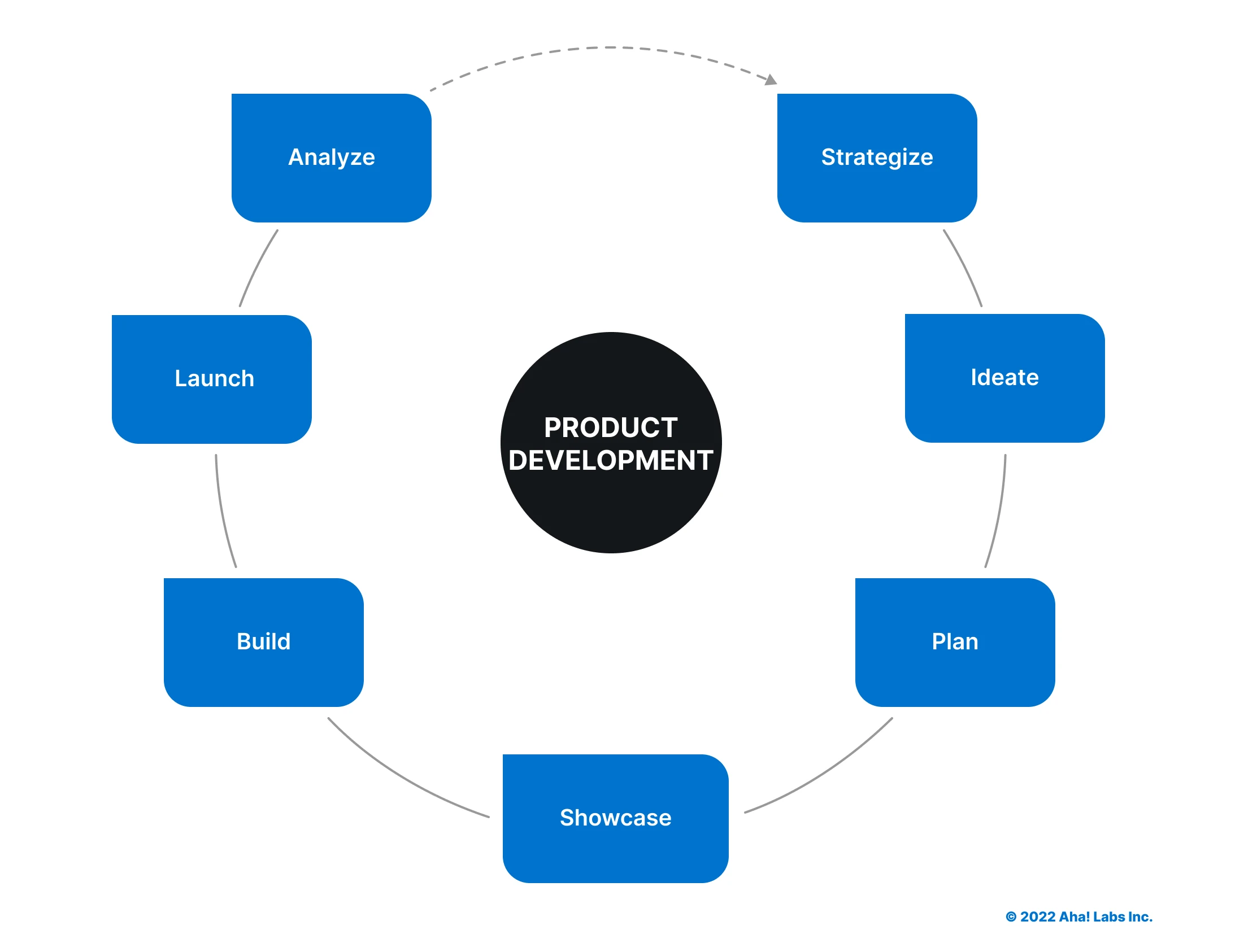
Who Should Really Own Product Development?
It is the future of any meaningful business. What you invest in now will greatly impact where you are able to go next. Product development represents a significant investment for most companies — time, resources, and money. Yet typically no one owns it fully. Kind of wild, right?
There are usually designated groups responsible for various stages of product development — but in my experience, no one owns the end-to-end discipline in most companies.
This is a particularly thorny challenge in large companies where many functions are trying to steer the direction of the business. I have even been in a few organizations where there was a general manager — but even there they were totally dependent on the direction and resource allocation of core development and platform engineering leaders.
Now, you might balk at my assertion that no one fully owns product development in your company. And you might boldly respond: “We have our own method for what we prioritize and how we manage the work.” Established frameworks are certainly helpful. In complex organizations, I would say that consistent workflows are actually essential.
But frameworks typically only cover how development gets done. People talk about being agile, for example. However, the "how" is only one part of what we have defined as a multi-stage product development process. From strategizing to ideating to launching and measuring, our definition of product development encompasses several major functions. That overlap is one of the reasons that it is so hard to get right.

It is not entirely obvious who should own product development and so often no one does. Or, ownership is wrongly assigned.
So who should not own product development? Definitely not marketing, sales, support, or — far worse — consultants. All of the mentioned groups have a role to play. But they have other core responsibilities. And considering how critical lasting innovation is, it should never be placed in another company’s hands. Same goes for outsourcing decisions to customer whims.
When you expand to a less literal definition of product development like the one I described earlier, it is easier to see who truly owns the discipline. Let’s assume we are talking about a mid-sized technology company. I see three owners: CEO, CPO, and CTO. Many companies might have VP titles and a COO in the mix too.
Product development is a meta level of work that requires CEO hyperfocus, exceptional cross-functional team agreement, and hard work.
Note that I put the CEO first on our list for a reason. The future of any business is ultimately its CEO's responsibility. And as I already pointed out, the product decisions made today and what gets delivered tomorrow is the future of the company. This is why I spend a lot of my time working on the vision for our suite of products and am deeply involved in the initial planning for new offerings.
But my efforts would be meaningless without product management and engineering leadership and exceptional functional groups who are passionate about realizing that vision. Collectively product and engineering are responsible for day-to-day prioritization, delivery, and continual improvement. It is a team effort.
If you are struggling with poor processes or unhappy with the result of what the broader product team delivers, pause and take a look around. Pay attention to who is driving decisions and why. And how involved the CEO is in supporting the process. The success of the business depends on it.
What does product development look like at your company?
Better product development happens with Aha! — try it free for 30 days.




